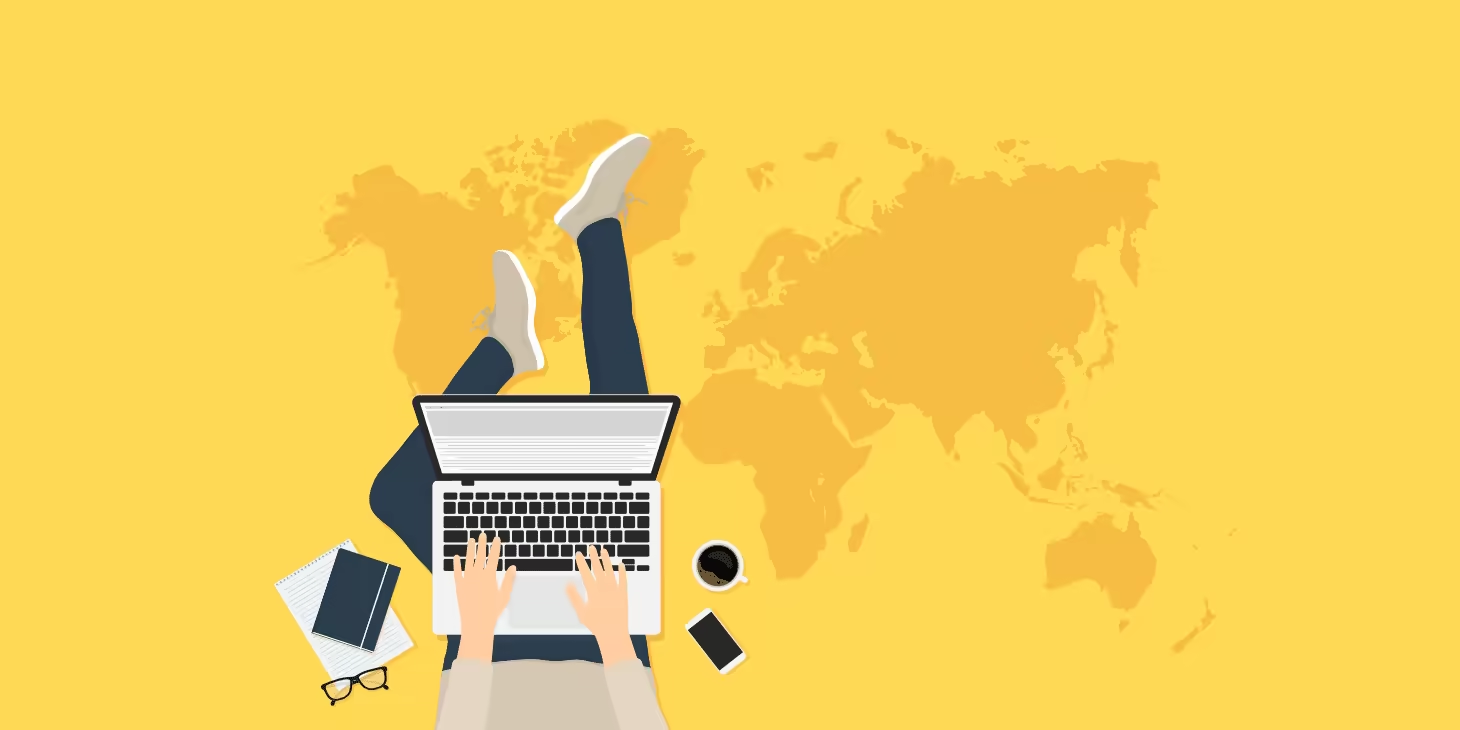In light of the COVID-19 pandemic, it is no surprise that many companies are taking precautions in reducing the further spreading of this disease. Some of these precautions include remote working or working from home. Remote working is nothing new, it has been in existence for a while, however, the sudden urgency for new working methods brought on by the coronavirus, means that you may suddenly find yourself working from your home. Here are a few tips on how you can ensure that not only are you guarding against contracting the highly contagious disease, but you are staying productive in the comfort of your home.
Create a workspace
A sudden need to work from home may mean that you have not had adequate time to set up your working space, however, do not despair, you can still find a way to make do with what you have. What you would need is to find an area in your home, that you can reserve for your work. It can be an area that you feel has the most minimal distractions in your home, also it needs to be safe from potential harm for example water that could seep into your electrical gadgets. At first, it may not be ideal, however, with the uncertainty of how long the quarantine period may last, it may prove to be useful in getting things done.
Get an effective internet connection
The next step would be to search for 'internet near me' to establish a strong internet connection with a reputable internet provider, which will ensure that you are not slowed down as you work. You may need to put restrictions on what your internet is used for, as any other use of the internet may lead to slowed-down speeds. Movie downloads and online streams of content may need to be restricted as they can consume a considerable portion of your bandwidth; setting up a firewall to restrict access to such sites may be necessary if the people you live with are using the same internet connection.
Take regular breaks
You may think that working from home will be less effective as it would ideally be in the office, however, you still need to take breaks even if you're working in your pajamas and from your bed. Going for 8 hours straight may lead to burnout thereby reducing your productivity. How does burnout work? Burnout leads to exhaustion of the body, meaning you may end up with reduced concentration and a lot of erroneous work. Now if you are someone who works in a job that requires minimal errors, you may find yourself in a nightmare when you realize the number of errors you have made. Take this into consideration, and take those regular breaks.
Check-in with your supervisor regularly
Working from home may feel good, especially when you know that you do not have to listen to the nagging of your supervisor every minute of the hour. However regular checking in with your supervisor may be essential in ensuring that you effectively deliver your mandate. When you check in regularly, you may find that you stay on track and keep focused on your work. At the end of the day, you will find that you have actually maintained your productivity and you have effectively delivered what is expected of you.
Dress accordingly
One of the key factors in being productive in a remote job is the importance of treating your work from home experience almost as a normal day at the office. This means getting dressed in typical workday clothes and being ready for work at the appointed time.
Some individuals might shower every morning before starting work at home. For others, this might not be as important. But, many work-from-home experts suggest getting dressed, being alert, and signing on promptly for your work from home day. The old stereotype of rolling out of bed and into your desk chair in your PJs can certainly happen occasionally, but for those who work fully remote, a regular daily schedule can help boost productivity.
It's all about being refreshed daily. Treating the work from home as a regular workday keeps you rhythmically ready for work each day. And it helps keep you in a consistent work routine. This is important for work-from-home employees.

